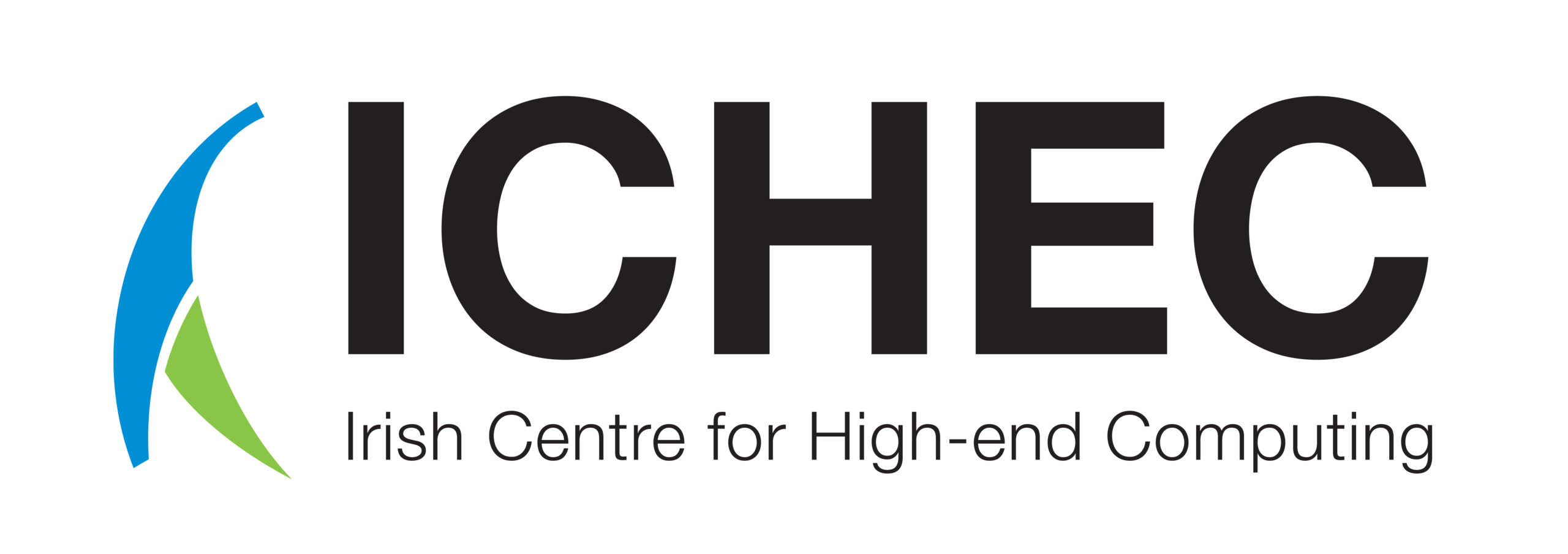Due to their step change in computational power, quantum computers could bring unparalleled competitive advantage to financial companies in areas like portfolio optimisation, option pricing, quantitative risk management or even accelerating the training of Machine Learning models. Furthermore, financial institutions often use complex mathematical models which are usually analytically intractable and rely on heavily time-consuming computer simulations, and in addition, the industry has to cope with ever increasing data volumes.
The aim of this use case is to develop efficient algorithms that could either substitute or redefine Monte Carlo (MC) techniques in NISQ computers. These new algorithms could be used to significantly increase the efficiency of
- derivative pricing (possibly in combination with regression techniques as described further below);
- risk management models (e.g. fast estimation of Value-at-Risk – VaR or Expected Shortfall – ES, as well as its attribution and sensitivities);
- hybrid discrete-continuous optimization problems and
- exploring quantum implementation of Principal Component Analysis (PCA).
We will explore how advances in these areas will impact areas such as portfolio and liquidity management (including funding costs), estimation of economic capital and interest rates modelling.














